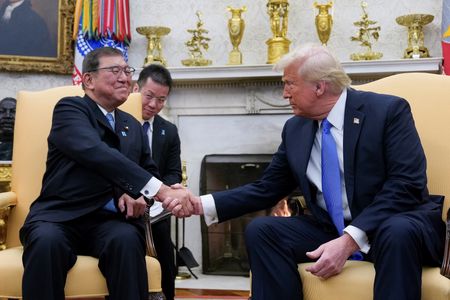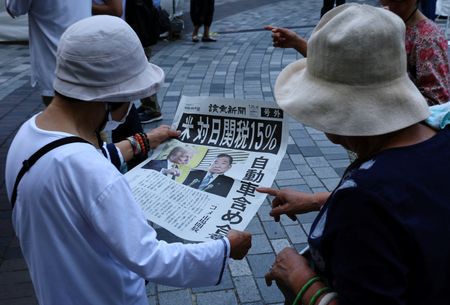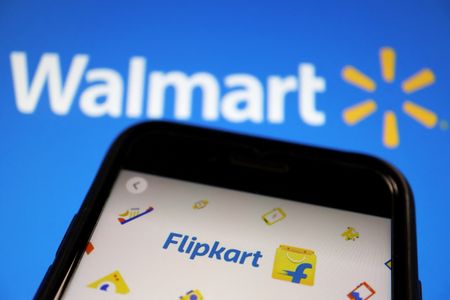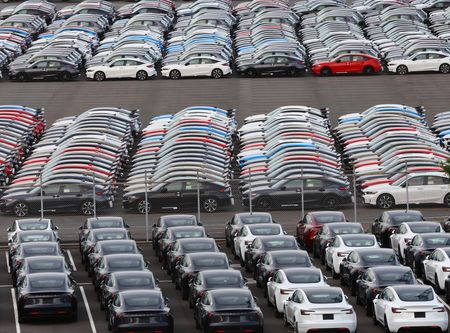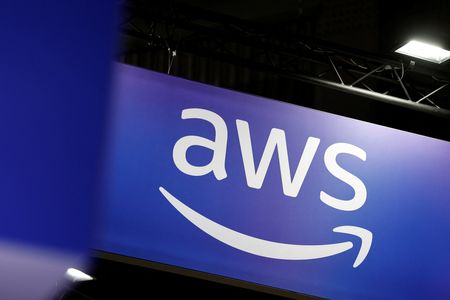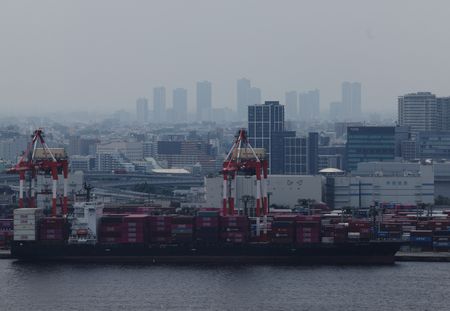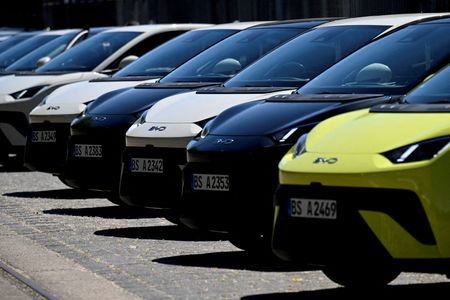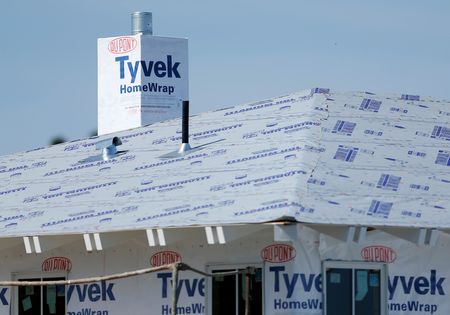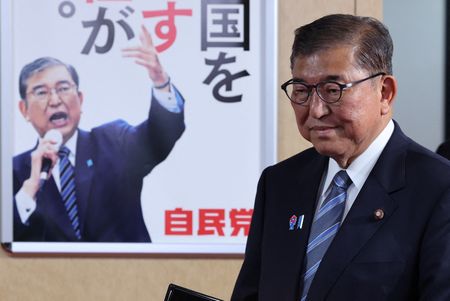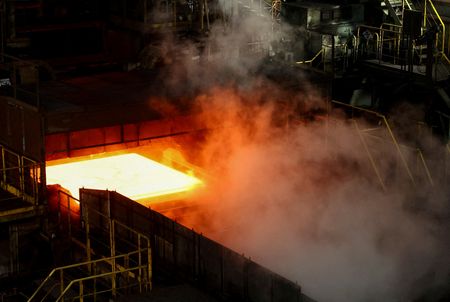TOKYO (Reuters) -U.S. President Donald Trump and Japanese Prime Minister Shigeru Ishiba on Wednesday said they had struck a trade deal that will include a 15% tariff on U.S. imports from Japan. Here’s what we know so far.
THE DEAL
In a post on Truth Social, Trump said the deal would include $550 billion of Japanese investments in the United States and improved market access into Japan for American goods including automobiles, rice and other agricultural products.
Japanese autos, which account for more than a quarter of all the country’s exports to the U.S., will also be subject to a 15% tariff, down from a punishing 27.5%, Prime Minister Ishiba said. The U.S. has also agreed to not impose any caps on auto imports, he added.
Japan will keep its existing tariffs on imports of U.S. agricultural products. The country will import more rice from the United States but within the existing tariff-free quota, Ishiba he said.
The $550 billion of investment was the upper limit of loan investments and guarantees that Japanese government state banks and agencies would make available to promote Japanese corporate investment in the United States.
The new “Japan Investment America Initiative” is aimed at boosting investment in economic security sectors including semiconductors, pharmaceuticals, steel, shipbuilding, critical minerals, energy, autos and AI technologies.
Japan’s top trade negotiator Ryosei Akazawa, who met with Trump at the White House to seal the deal on Tuesday, said steel and aluminium, subject to a separate 50% tariff, were not included in the deal.
Akazawa said Tokyo will drop additional safety tests now imposed on imported U.S. cars and trucks, requirements that had long irked Trump who said they limited sales of American-made autos in Japan.
TARIFF DEADLINE
Akazawa has travelled to the U.S. eight times since April for trade talks with U.S. officials including Treasury Secretary Scott Bessent and Commerce Secretary Howard Lutnick. The latest visit came days before an August 1 deadline when the Trump Administration said it would impose a 25% tariff on all Japanese imports.
The U.S. is Japan’s biggest export market. Economists had warned that Trump’s tariffs could push the world’s fourth largest economy into recession.
MARKET REACTION
Following the announcement, Japanese automaker shares led the Nikkei share average to a one-year high, closing up 3.5% on the day. Toyota Motor Corp’s shares jumped by 14% with Honda Motor Co up more than 11%.
(Reporting by Tim KellyEditing by Lincoln Feast and Peter Graff)

